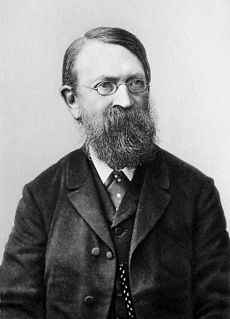The use of machine learning (ML) to guide materials search can lead to order of magnitude acceleration in finding new best-in class materials. Many steps are necessary for such ML-guided approaches to be successful and trustworthy. In this talk we focus on two specific ones: the ability of predicting the uncertainty on individual ML-predicted property (prediction intervals) and the use of autonomous experimentation (AE). Uncertainty quantification in AI-based predictions of material properties is of immense importance for the success and reliability of AI applications in material science. While confidence intervals are commonly reported for machine learning (ML) models, prediction intervals are less commonly available. In this talk we investigate several UQ approaches to determine such prediction intervals for atomistic quantities. Autonomous Experimentation (AE) uses automation (e.g., robots) for physical task and decision algorithms (or AI) to perform data analysis and select the next best experiment. Here we discuss an example of AE applied to material search, that lead to the discovery of a best-in-class material.

